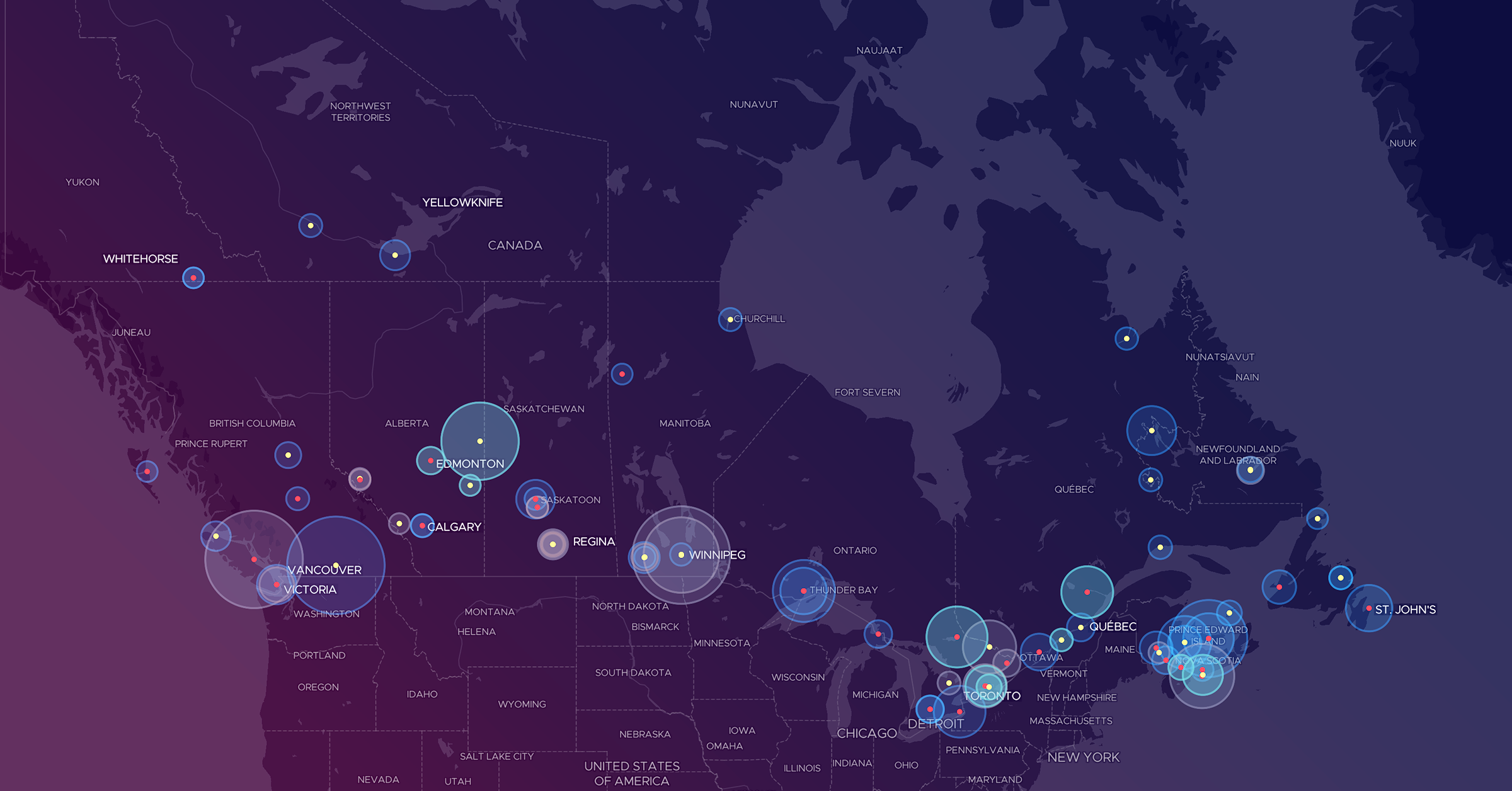Research has linked certain PFAS with a variety of potential health effects, including cancer, reduced vaccine response, reproductive issues, delays in child development, hormonal issues and increased cholesterol levels.
Quebec toxicologist Marc-André Verner said the latest science suggests there may be no safe level of exposure to PFAS.
At the same time, the chemicals are so pervasive that it doesn’t take living near a hotspot to be exposed. In fact, the vast majority of Canadians have forever chemicals in their blood. The main way many people are exposed to them is through food, especially fish, seafood and meat.
But if you live near a contaminated site, your drinking water could also be a significant source of exposure.
“If it’s in the underground water and you’re on a private well with the same underground water, then it becomes a concern for you, that’s for sure,” Verner said.
His advice is to find out what levels are in your drinking water, and to find out what local officials are doing to address the issue.
Health Canada advises anyone concerned to reach out to local authorities for advice.






